Mengoba Principles
our work philosophy
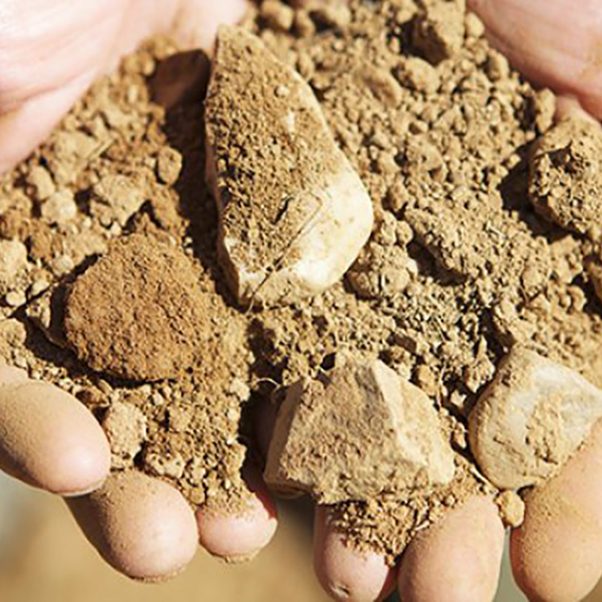
I. Soil knowledge
Knowing the composition of the soil and maintaining it as a living system. Plow, dig, mound and aerate the soil. Use organic and controlled fertilizers.
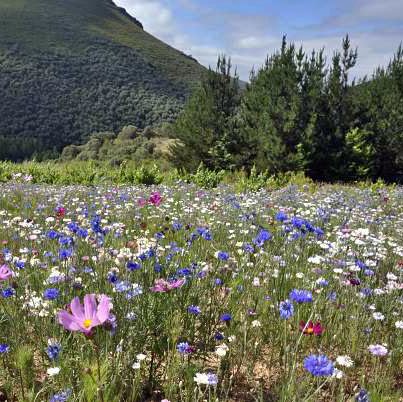
II. Biodiversity Care
Preserve a rich and diverse ecosystem. Through the care of the flora with planting, flower beds, natural hedges or maintenance of wooded areas. Respecting the fauna by applying natural remedies to repel insects or supporting the presence of bees by installing beehives around the vineyards.
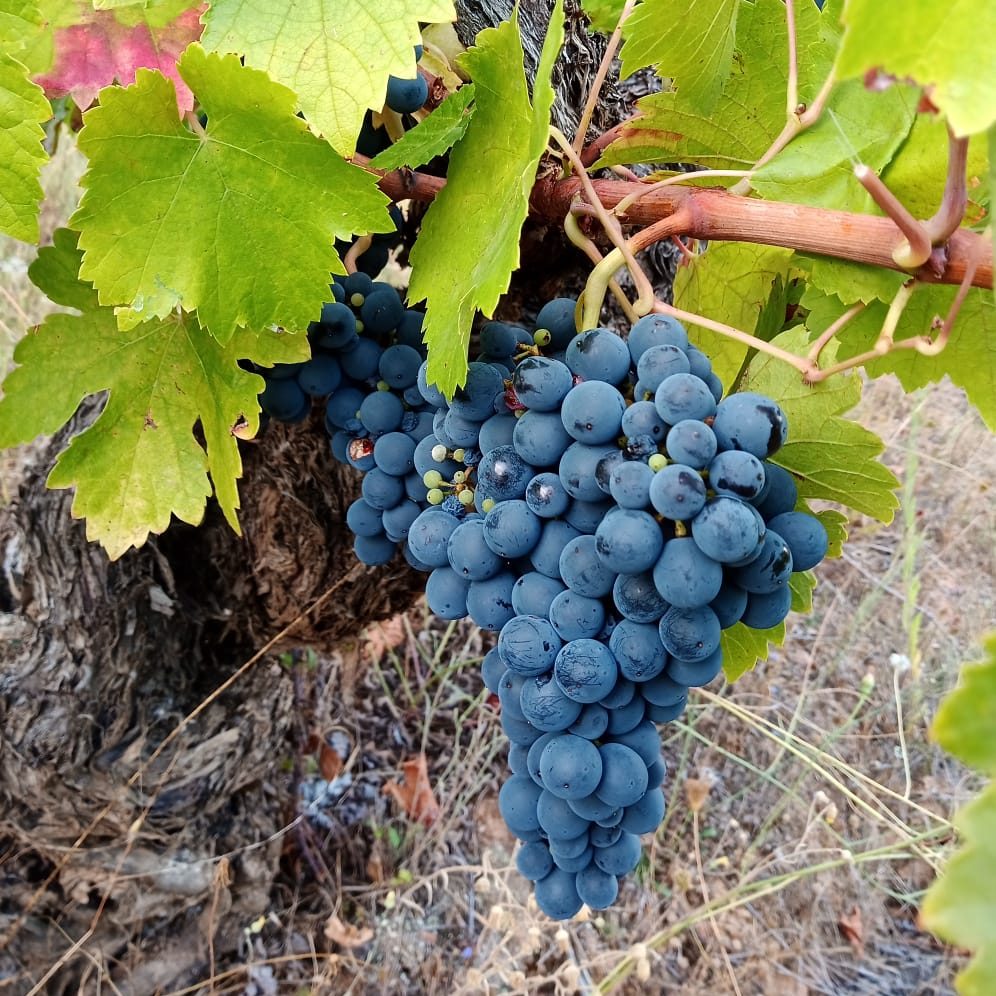
III. Indigenous varieties
Working with native varieties, better adapted to the environment and reflecting their authenticity in the wines.
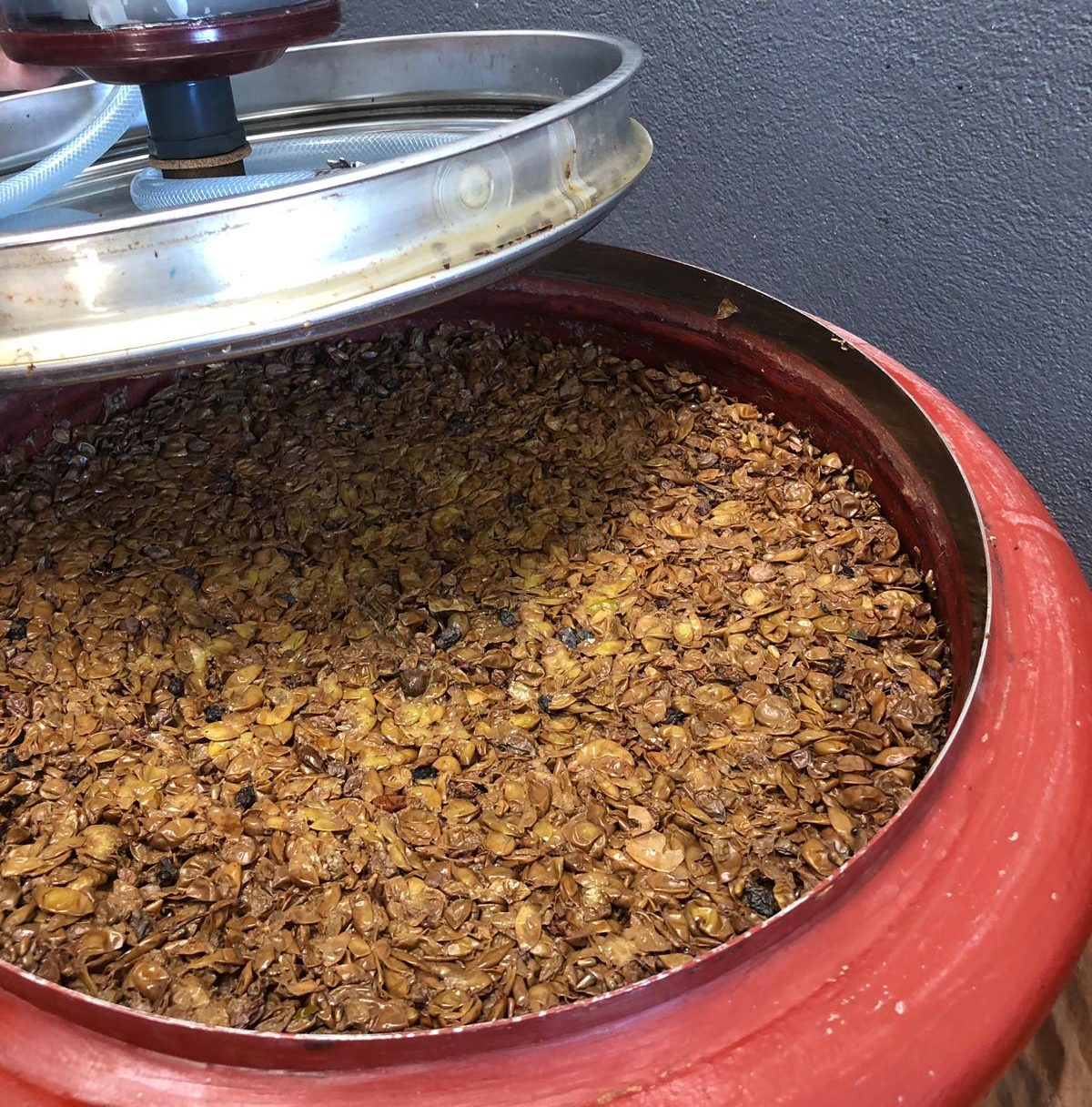
IV. Non-aggressive treatments
The doses of each treatment must be proportionate to the risk of the disease or pest. The reduction of doses and the use of biodegradable molecules allow to treat the vineyard in a more gentle way and ensure its health and survival.
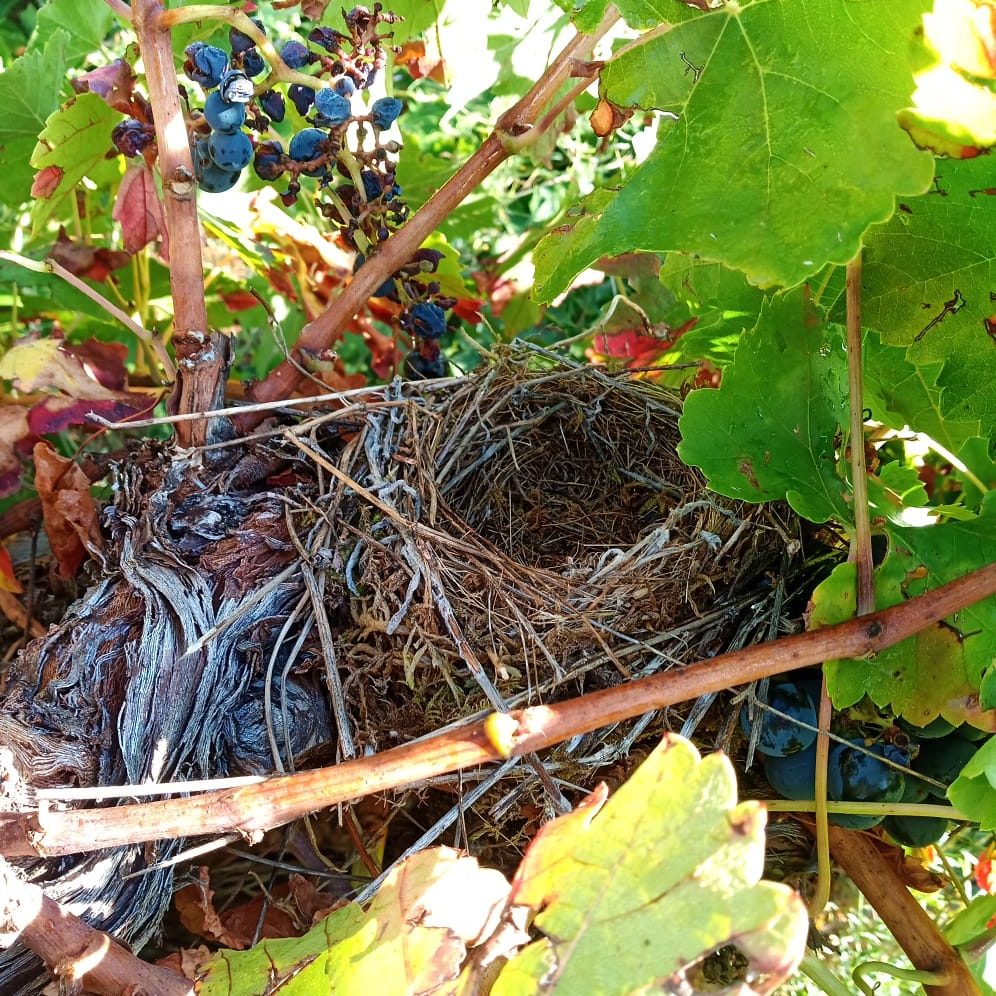
V. Rejection of herbicides
It is totally discarded. The vineyards are tilled with the plow and the surrounding area is cleared sparingly.
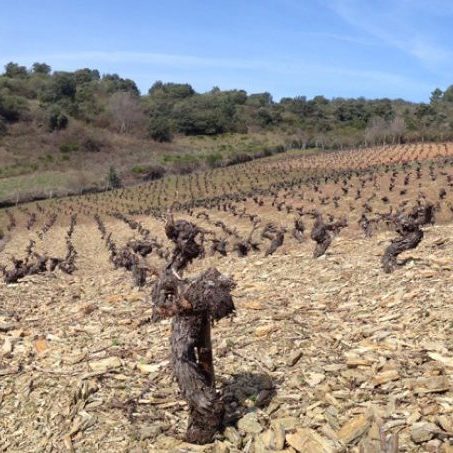
VI. Low yields
They are essential for the quality of a wine. Low yields per vine ensure optimum ripening and concentration. Cluster thinning should only be carried out if strictly necessary, as well as the application of organic fertilizers. Pruning should be adapted to both winter and green pruning.
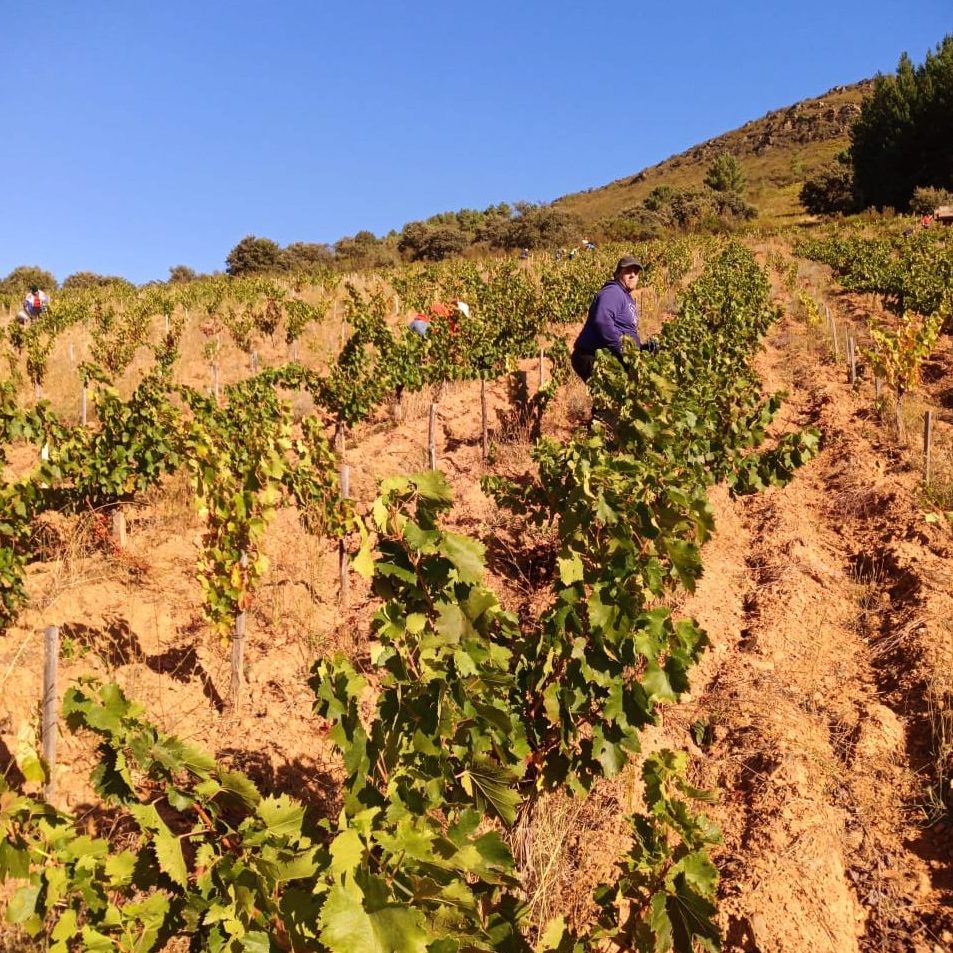
VII. Selection in the vineyard and ripening
The type of wine to be produced is selected in the vineyard before it arrives at the winery. Always through a manual harvest of healthy grapes and at the right point of ripeness.
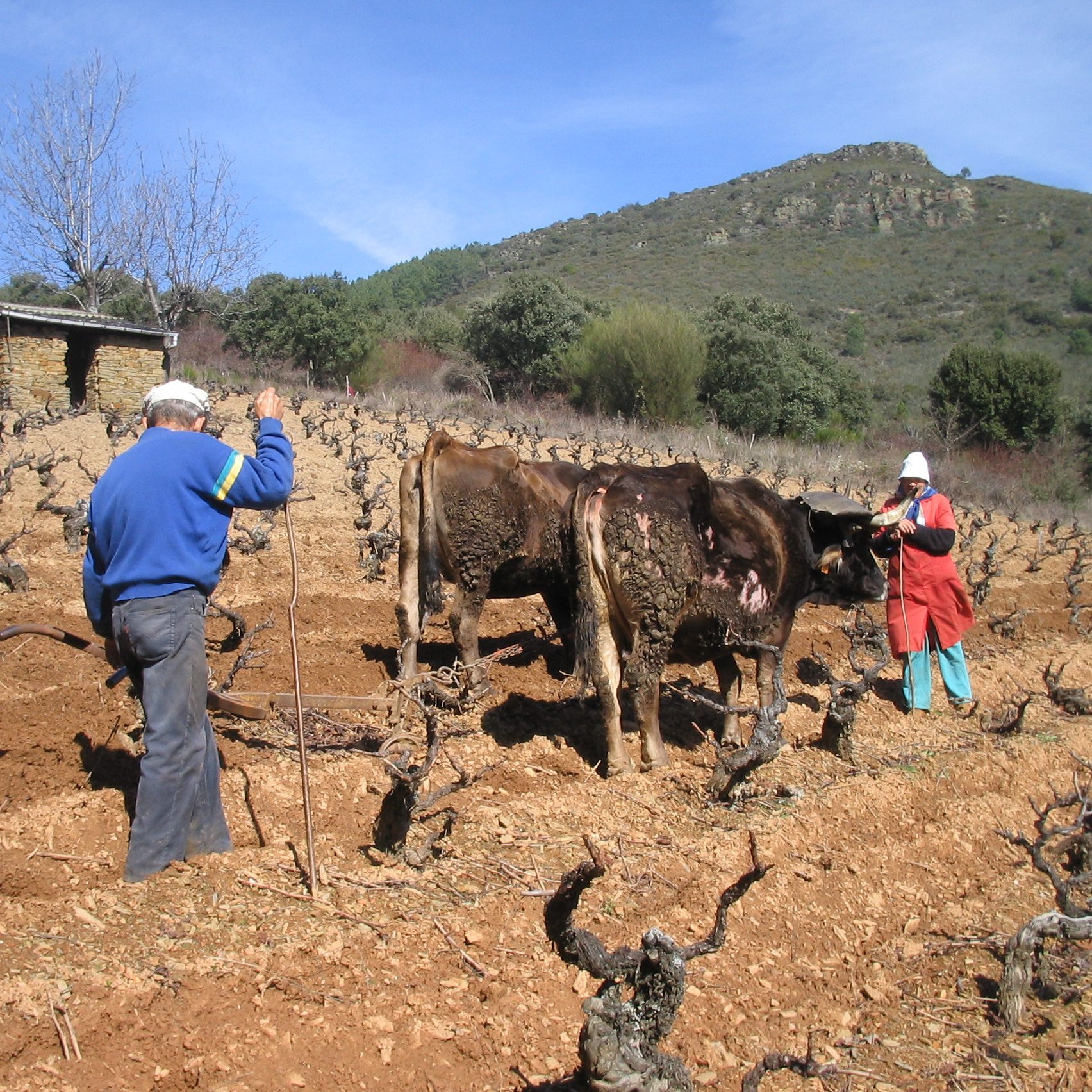
VIII. Traditional winemaking
Only traditional methods express the terroir to the fullest. The use of indigenous yeasts from each vineyard favors the diversity of aromas and the personality of the wines. Respecting the origin of the grapes results in authentic wines. Also by limiting the doses of sulfur and not using "chips" or products that can alter the aromatic characteristics.
